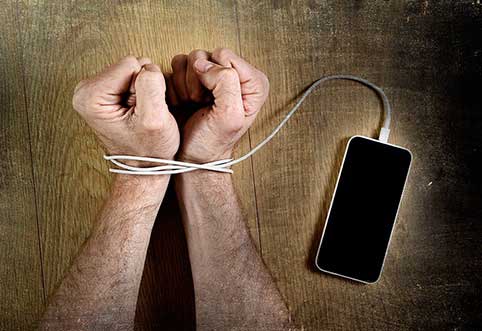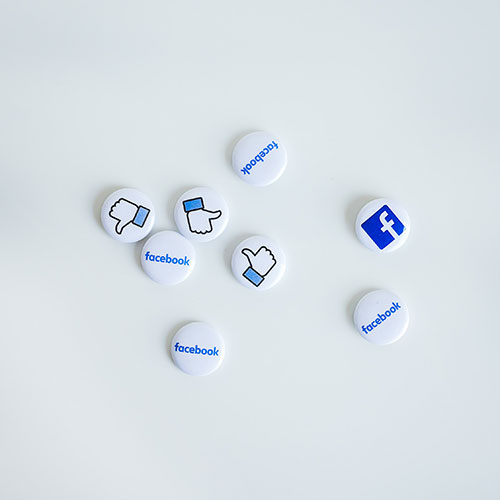Apparently yes, as studies have demonstrated the possibility of spawning a host of mental health issues simply by getting addicted to the social media. Although there are counter claims, again based on research, which take the social media route to show how it can add vibrancy to the most mundane of lives, there is little doubt that over indulgence could prove to be a bane in your overall wellness.
While the act of using social media to check updates and track friends does seem harmless, researchers have found that social media may affect our mental health and general well being. From feeding anxiety to increasing one’s feeling of inadequacy, Facebook and other social media platforms have been blamed for nurturing a variety of stress factors. These platforms are known to lead to severe addiction, which can cause mental health problems as discussed here:
Anxiety
Social anxiety could grow from an over-dependency on social media, say experts, who blame it on the apparent lack of human interaction perpetrated by such media. People who already have anxiety issues could find it difficult, and even scary, to indulge in human interaction, they feel.
Fatigue
Multitasking on social media is said to induce exhaustion and put one under a lot of stress, thereby affecting concentration. There is fatigue and then there is stress that is brought on by constant stimulation, rather information abundance, from different platforms.
Restlessness
Social media is a great distraction. Subscribers are known to log into their social media accounts when everyday chores seem tedious. But this can rob productivity and add to restlessness, say studies, which found that majority of people have difficultly relaxing when unable to use their social media accounts.
Pressure
Facebook posts are generally a glorification of the self. They are, often, idealised versions of people, things and events. The danger though is in the constant comparison that it could provoke in followers. Besides, it can create the fear of missing out and the general peer pressure, especially among teenagers. Fear of missing out has been described as a ‘phenomenon that occurs when you feel pressure to be doing what everyone else is doing, attend every event, and share every life experience.’ This could be a cause for anxiety.
Insecurity
Concurrent to peer pressure is the feeling of personal insecurity when viewing posts of friends that show them in ideal situations. It is easy to think that they have no problems or difficulties and feel envious and even insecure about oneself. Research has shown that widespread use of social media can demotivate people and even lead to a decline in confidence.
Depression
Whether such insecurities cause depression or the stress factors prompt it, the fact that social media creates opportunities to exaggerate the situation and provide platforms to display holidays, fine dining and shopping ventures can act as reminders about the paucity of such excitement in ones life and further deplete self-confidence. Studies have shown that absence of face-to-face communication can, often, make it easy for people to indulge in unfriendly exchanges.
Loneliness
One of the paradoxes emanating from all the popular social media platforms, which are designed to make interactions effortless, is the abject lack of direct communication. It has, instead, throttled verbal communication and isolated people behind online identities.
Are you addicted to Facebook?
Researchers in Norway have published a psychological scale to measure Facebook addiction called the BFAS (Bergen Facebook Addiction Scale). This scale, created by Dr. Cecilie Andraessen and colleagues, found that respondents who scored high had altered sleeping habits – late to bed and late to rise – in addition to other addictive patterns.
Find out if you are addicted to Facebook using the BFAS:
Give one the following responses and the respective score to each statement:
- Very rarely – 1
- Rarely – 2
- Sometimes – 3
- Often – 4
- Very often – 5
- You spend a lot of time thinking about Facebook or planning how to use it.
- You feel an urge to use Facebook more and more.
- You use Facebook in order to forget about personal problems.
- You have tried to cut down on the use of Facebook without success.
- You become restless or troubled if you are prohibited from using Facebook.
- You use Facebook so much that it has had a negative impact on your job/studies.
Calculate your score and see if you are on the addictive zone. If you scored ‘often’ or ‘very often’ on at least four of the six items you may be addicted to Facebook say researchers.


